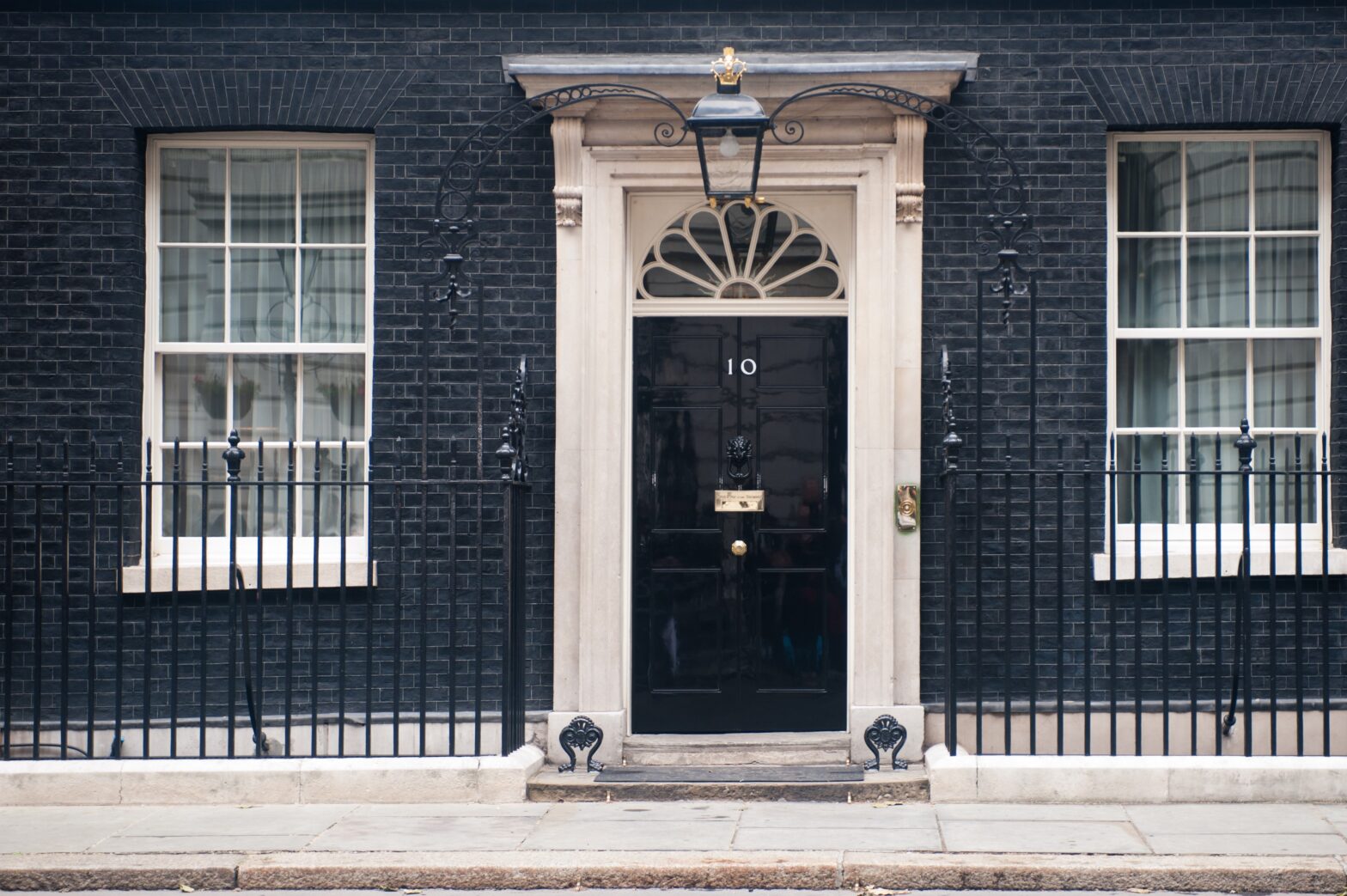UPDATED: Former chancellor Rishi Sunak and trade minister Penny Mordaunt emerged as frontrunners in the race to be the next prime minister on Wednesday, as MPs prepared to further narrow the competition today.
In the first round of voting by Tory MPs for the next Conservative Party leader, Sunak came first with 88 votes — a quarter of the parliamentary party — while Mordaunt was second with 67.
Two contenders were knocked out of the race to succeed Boris Johnson: former health secretary Jeremy Hunt and chancellor Nadhim Zahawi, who both failed to secure the requisite support of 30 Tory MPs to go into the next round of voting.
SmallBusiness looks at what each of the Tory Party leader hopefuls are promising business owners.
All of the candidates apart from ex-chancellor Rishi Sunak and former local government minister Kemi Badanoch are promising tax cuts, whether that’s reducing corporation tax, stopping the national insurance hike or cutting VAT with pledges worth as much as £40bn each.
We look at what the Tory leadership rivals are saying about how they would boost business despite a looming recession, inflation and soaring energy costs.
Who are the Tory leadership rivals?
Rishi Sunak
Seen as the candidate to beat, the former chancellor has poured ice water on any business tax cuts. He believes the current post-Covid economy has to be paid for without yet more borrowing, which would just mean the government paying more interest on debt. Government debt has to be paid down now, he says, in order for any tax cuts in the future — to do otherwise would just be to pass on misery to future generations.
Mr Sunak has refused to cancel his plan to increase corporation tax from 19 to 25 per cent, due to come in from April 2023. He also wants to increase national insurance payments by 1.25 percentage points for employers and employees alike.
His argument is that tax cuts now will be a short-term boost to the economy but will only boost inflation in the long-term, making the cost of government borrowing dearer. Short-termist tax cuts are seen as having been the trigger for the current 50 per cent inflation in Sri Lanka and an official 80 per cent in Turkey.
Combined with freezing income tax allowances, Mr Sunak’s big three measures would produced £50bn a year in extra revenues by 2024-25.
The tax burden is set to reach 36.3 per cent of GDP by 2026-27 — its highest level since Clement Attlee’s Labour government of the late 1940s.
On the plus side, Mr Sunak has been a cheerleader for digital start-ups. Giving the prestigious Mais lecture at London’s City University in February, the then-chancellor imagined an economy powered by higher business investment, better-skilled workers and more innovation.
Mr Sunak spent two years doing an MBA at Stanford University in California, probably the most prestigios university in America, where he said he was “surrounded by Silicon Valley start-ups, living and breathing that entrepreneurial culture”.
Launching his campaign today (Tuesday) Mr Sunak is expected to say: “My message is simple: I have a plan to steer our country through these headwinds. Once we have gripped inflation, I will get the tax burden down. It is a question of ‘when’, not ‘if’.”
Simon French, chief economist at the stockbroker Panmure Gordon, told the Sunday Times that Mr Sunak was the clearest way to “move on from this economics of make-believe, which we’ve been stuck in for a while. He was by a considerable distance the most competent in the cabinet on economic issues. I’d like to see him play the guy who’s telling you the truth, rather than everyone else who’s wishing for unicorns”.
>See also: Why Rishi Sunak is going to be good for small business
Liz Truss
Foreign secretary Liz Truss has signalled she will cut corporation tax, reverse the national insurance rise and overhaul business rates.
Ms Truss is also reported to be “uneasy” about pressing ahead with raising corporation tax to 25 per cent next April.
Saying she would borrow more in the short term to allow tax cuts after the pandemic, Truss took a swipe at Rishi Sunak and said: “I don’t agree with the Treasury orthodoxy of immediately seeking to pay that back, balance the books and damage economic growth.”
Keen to demonstrate the “benefits of Brexit”, she will announce plans today for a series of “low-tax zones” across northern England with lower business rates and few or no planning restrictions to encourage investment. These low-tax zones are intended to promote growth and reverse decline in many of the red wall seats that the Tories won in 2019 for the first time under Boris Johnson.
“I have a plan to make Britain a high-growth economy through bold supply-side reform,” Ms Truss will say.
Ms Truss also believes that the “cost of Covid” should be paid back over a longer period.
Tom Tugenhadt
The only candidate who has never been a cabinet minister, Mr Tugenhadt was one of the few Conservative MPs to vote against the national insurance rise.
He has said: “I think we should bring forward tax cuts as soon as possible … I certainly think that we should be looking to lower taxes across every aspect of society.”
Kemi Badenoch
Like Rishi Sunak, Kemi Badenoch is committed to reducing business taxes but only in the long term.
“I will not enter into a tax bidding war over ‘my tax cuts are bigger than yours’. To make promised that you cannot keep is a betrayal of everything that I stand for,” she said.
Instead, Ms Badenoch says “tackling inflation” is the most important thing the government can do to ease the cost of living crisis.





